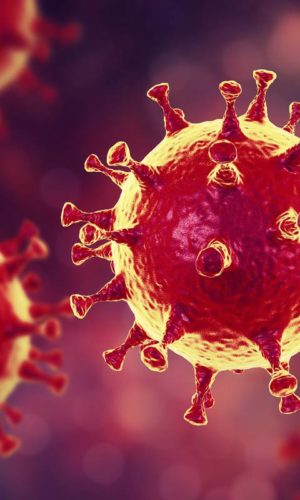Lifestyle Medicine in Action: Bridging the Gap Between Evidence and Cardiology Guidelines
Author(s): Dasaad Mulijono
Despite growing evidence supporting lifestyle medicine and plantbased diets (PBDs) in the prevention and reversal of cardiovascular disease (CVD), major cardiology societies, such as the American College of Cardiology (ACC) and the European Society of Cardiology (ESC), have not prominently incorporated these approaches into their clinical guidelines. This article examines potential reasons for this reluctance, including the prioritization of pharmaceutical-grade evidence, conflicts of interest resulting from industry sponsorship, the political influence of agribusiness, and systemic limitations within medical education and clinical culture. It also highlights the seven-year experience at Bethsaida Hospital in Indonesia, led by Prof. Dasaad Mulijono, where implementing PBDs and lifestyle medicine has helped reverse atherosclerosis, mitigate restenosis rates, and effectively treat many chronic diseases caused by unhealthy lifestyles. The role of artificial intelligence (AI), including tools such as ChatGPT, is also acknowledged as a valuable adjunct in educating and empowering patients to adopt and sustain lifestyle changes, thereby validating our clinical approach. Looking forward, AI has the potential to democratize medical knowledge and challenge the dominance of politically influenced guidelines, particularly as the public becomes more aware of the conflicts and incentives that drive current medical policy. The article calls for greater transparency and reform in guideline development to reflect the full spectrum of evidence-based care.


 Impact Factor: * 5.6
Impact Factor: * 5.6 Acceptance Rate: 74.36%
Acceptance Rate: 74.36%  Time to first decision: 10.4 days
Time to first decision: 10.4 days  Time from article received to acceptance: 2-3 weeks
Time from article received to acceptance: 2-3 weeks 